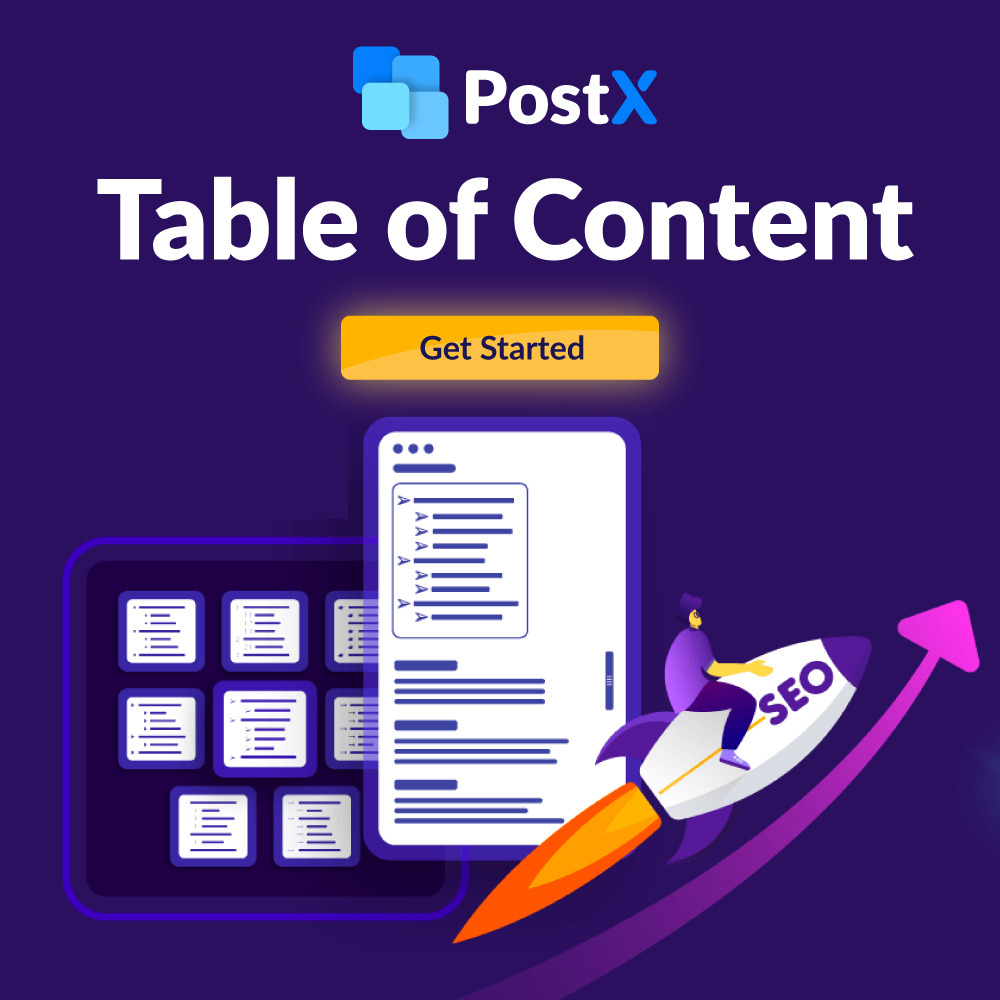Written by Tristan Olav Torgersen
Pictures courtesy of IMDB.com
Wait, wait, wait. Don’t close this page just yet. This is not a Veggie-Fest. I am not going to guilt, shame, or indoctrinate you. Why? Because Eating Animals was not a documentary like that, and my article should reflect that high road they took. You heard me right.
Eating Animals goes boldly where other documentaries don’t: straight to the heart.
Now, why make the distinction? For those who have been coherent and #woke for the past five to ten years, more and more has come forward about the meat industry, factory farms, and the adorable yet edible animals that fill our plates. Documentaries like What the Health, Food, Inc., Forks Over Knives, Cowspiracy, and many others have taken to streaming sites, film festivals, and screenings worldwide to raise awareness and incite change.
So…why hasn’t a bigger proportion of the world hopped on board?
I have a theory, but this is not the place for my theoretical discussions. In short, I think people hate guilt and feeling guilty. Now, the docs I mentioned aren’t totally in error by using guilt to enact change. Studies have shown that guilt is a motivating factor for economic decisions, so it would make sense. On the other hand, my theory is that very little positive change comes about by way of negative messages. That is where Eating Animals sets itself apart.
First premiering in 2017 at Telluride, Eating Animals is based on the groundwork of a book by the same name, written by the American novelist Jonathan Safran Foer. For those not familiar with his work, he wrote two other books which were adapted into movies, namely Everything is Illuminated and Extremely Loud and Incredibly Close (which if you haven’t seen either, put them on your watch list). Natalie Portman produces and narrates the doc, and the director is Christopher Dillon Quinn. Together they craft a powerful, personal, and visually beautiful narrative that is grounded in love and compassion.
Now, does compassion prove to be a better motivator? Science is proving that self-compassion is leaps and bounds ahead of self-criticism when making a change within oneself. Does the principle transfer over to social and economic decisions? Time will tell. Needless to say though, it affected me and everyone else at the screening and Q&A at the Landmark Theater in Los Angeles, if that’s worth anything.
Eating Animals takes the right steps in storytelling compared to other food industry docs. It doesn’t spend its time banging down the doors of Tyson, boycotting McDonald’s chicken nuggets at fundraisers, or giving you a sickening slideshow of the horrors of artificially separated meat. I won’t say it shies away from these topics, as it spends a few minutes showing some visuals and videos of similar scenes, but that is not the bread and butte- uh, the bread and margarine of this film.
Instead, Eating Animals is focused on people.
It is people whose lives are spent working for Big Food companies. It’s people with spouses, families, family farms, taxes to pay, bills to pay, retirements to fund, college educations for their children hopefully, as well as the daily maintenance of living in a 21st-century world. And guess what? Big Food doesn’t treat their employees with respect, care, and value. Instead, they treat them only a step above the animals they mass produce and later slaughter.
That narrative throughout the film is what hits you the hardest. You can disagree on the scientific evidence that it is healthier to be vegan/vegetarian (Source: Time Magazine). That’s ok. You can disagree with the throngs of scholars and environmentalists begging the world to eat less meat for the environment’s sake. Again, you can do that.
When it gets down to it though, it is hard to see another human being trapped in a indentured-servant-like contract with factory farms to inhumanely produce living creatures for food. You see these men and women whose livelihoods are made by competing with neighbors to produce fast and fat livestock. They inject their chickens with the most antibiotics and growth hormones (provided by Big Food) to win prize money and competitions. All this so that they can lessen the debt they owe Big Food to have the farms. It is then that you realize the sick cycle that Big Food has put its farmers in.
Again, this movie is not convincing you to become a vegan.
That may be a side-effect, but that is definitely not the purpose of Eating Animals. Watch it to see the people behind the food you eat. Understand what it is costing our country and its citizens to keep that plate filled with meat.
I won’t spoil anything in the doc. I’ve been careful to let it be a fresh experience for all who get to watch it. There are a handful of stories told, lots of locations visited, and I am pretty sure I’d watch anything narrated by Natalie Portman. So yeah, watch it.
I attended the Q&A at the Landmark theater on Pico in Los Angeles when I saw it. Natalie and Chris, the director, made it clear that they wanted people to understand the human aspect of the food industry and how unsustainable it is. They talked about the pushback from government entities, lobbyists, and the Ag-Gag laws that sound so Orwellian you think we’ve really hit 1984 34 years late. They simply want the stories of these families shown and for people to ask more questions about their food.
Watch Eating Animals, let us know what you thought, and be mindful and compassionate. In seeking to love others, we make better decisions for all.
—
Want to know more?
Find a showtime near you and check out the Official Website.
—
[avatar user=”Torg” size=”thumbnail” align=”left” link=”https://theindiemagazine.com/author/torg/” target=”_blank” /]
Read more pieces by Tristan Olav Torgersen
—










